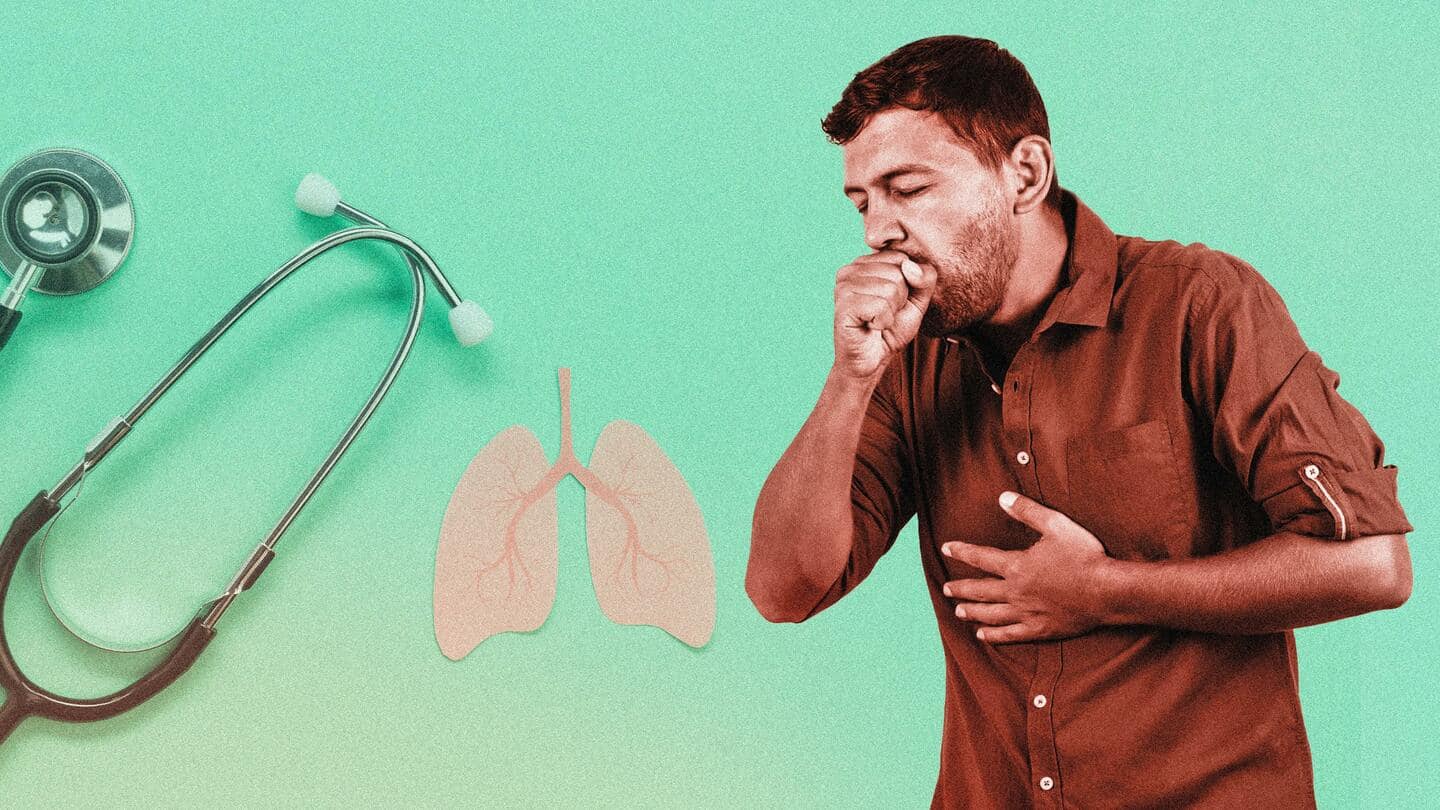
Tuberculosis: Meaning, causes, symptoms, treatment, and prevention
What's the story
'TB' honest, this disease could be potentially dangerous. Tuberculosis is a disease that attacks the lungs, and is the second leading infectious killer after COVID-19, worldwide. It is highly communicable through tiny droplets released in the air by an infected person. From its meaning and causes to symptoms, treatment, and prevention, here is everything you should know about this ailment.
Context
Here's what our expert says
Tuberculosis is a bacterial infection caused by the bacteria Mycobacterium tuberculosis. It affects 210 people per 100,000 in India. Primarily, tuberculosis involves the lungs and lymph nodes, but it can spread to any organ in the body including the bones, brain, and spleen. Incomplete treatment leads to drug resistance in the bacteria and makes the bacteria more deadly and difficult to treat.
Overview
Besides lungs, tuberculosis can also attack the brain and spine
Besides affecting the lungs, the pathogens of tuberculosis can also spread to other parts of your body like the brain and the spine. It is generally of two forms - latent and active. While the former means that the tuberculosis germs are in your body but your immune system doesn't let it spread, the germs multiply and make you sick in the latter.
Causes
Mycobacterium tuberculosis is the bacteria that causes this disease
Tuberculosis is caused by a type of bacteria called Mycobacterium tuberculosis. While it is contagious only through the droplets released by an infected person when they cough, sneeze, talk, or laugh, you are at risk of catching it if you stay with them for too long.Furthermore, if you smoke or work in a hospital, your risk increases exponentially.
Symptoms
Chest pain, bloody cough, and fever are some signs
Tuberculosis patients can experience a host of symptoms depending on the form and intensity. Latent tuberculosis doesn't show any signs, but the same isn't true with the active form. Chest pain, bloody cough, a cough that lasts for more than three weeks, fever, chills, loss of appetite, dramatic weight loss, night sweats, and fatigue are major symptoms of active tuberculosis.
Treatment
Demands 6-12 months of medication; can be fatal if untreated
The treatment of tuberculosis largely depends on the type you are suffering from. Latent TB can be killed with medication so that it doesn't become active. Usually, the course lasts for nine months. Active TB may demand about 12 months of medication and requires one to be fully dedicated to what has been prescribed by the doctor. If left untreated, TB can cause death.
Prevention
Vaccination and avoiding contact with patients are some preventive measures
While tuberculosis is curable, it is best to exercise some precautions to steer clear of it. Washing hands thoroughly, getting vaccinated, and avoiding contact with patients are some preventive measures you can adopt. If you are suffering from TB yourself, ensure that you wear a mask, isolate yourself, and cough or sneeze into your elbow to prevent the transfer of bacteria through the air.